Bouncing Arrivals on Mother’s Day at Wallaby Outback
26/03/2017 in Edinburgh Zoo
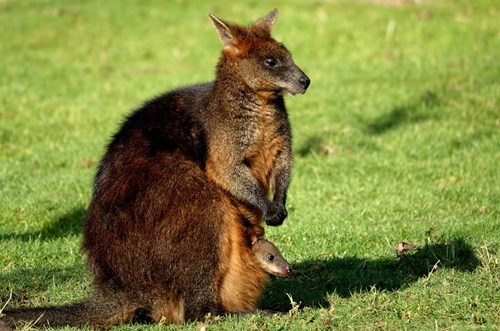
Keepers at RZSS Edinburgh Zoo are excited to announce bouncing new arrivals. Baby joeys have been spotted in the pouches of the wallabies in Edinburgh Zoo’s Wallaby Outback exhibit. The wallaby mums welcomed the babies just in time for Mother’s Day.
The joeys have been spotted nestling in their mother’s pouches. There are five joeys at present, eagerly peeking out of mum’s pouch; with a couple already exploring the enclosure without mum.
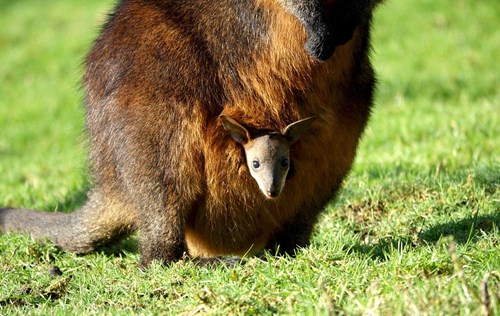
Lorna Hughes, Primate Team Leader at RZSS Edinburgh Zoo, said: “It’s great to see the wallaby mums with their new young and getting on so well. The babies will tend to stay close to mum for the first few months, but they can now be seen venturing out around the enclosure on their own”.
“It’s a lovely to have so many joeys on time for Mother’s Day as wallabies are a marsupial mammal, which means they continue to breed throughout the year. We are looking forward to welcoming more this year, so keep your eyes peeled for them as you walkthrough Wallaby Outback!.”
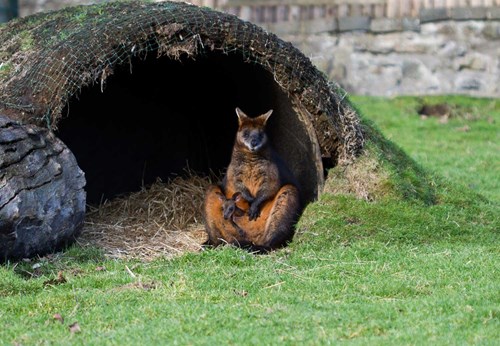
The swamp wallaby (Wallabia bicolor) is native to eastern Australia, from the most northern tip of Queensland, Cape York, through New South Wales and Victoria in the south. Despite their name, swamp wallabies live in forests, scrublands and woodlands with thick undergrowth.
Swamp wallabies resemble kangaroos, but are smaller and have longer fur. The males are larger and heavier than females while the tail on both sexes is the same length as the body. Although wallaby tails are not prehensile, they are used for balance when moving and to prop themselves up in a sitting posture. A wallaby’s diet consists of mainly grasses and plants, and their elongated faces and molars are shaped specially to help them cut through the thick coarse vegetation. Swamp wallabies are classed as least concern on the IUCN Red List, with no major threats to the species.
…ends…



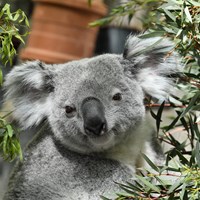
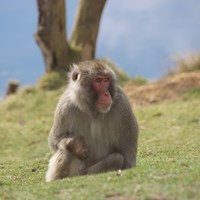
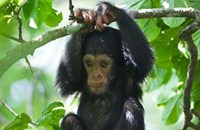
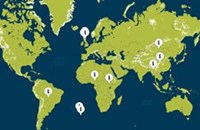
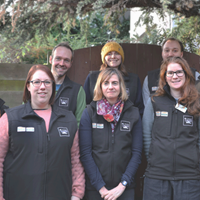
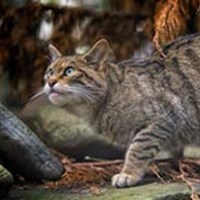
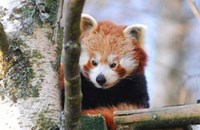


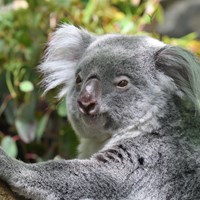
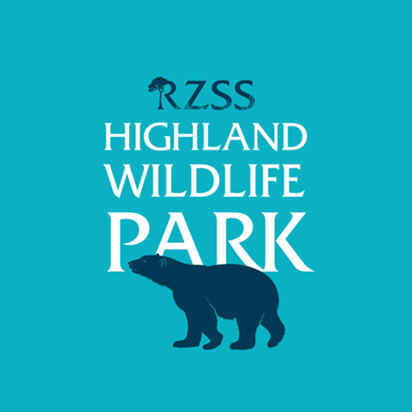
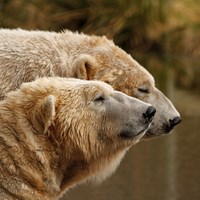

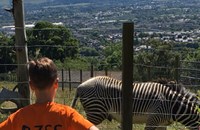

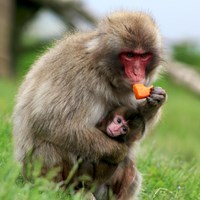
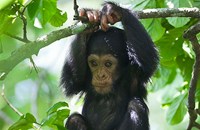
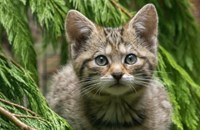
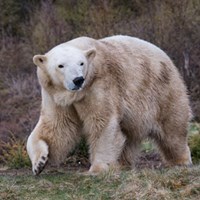
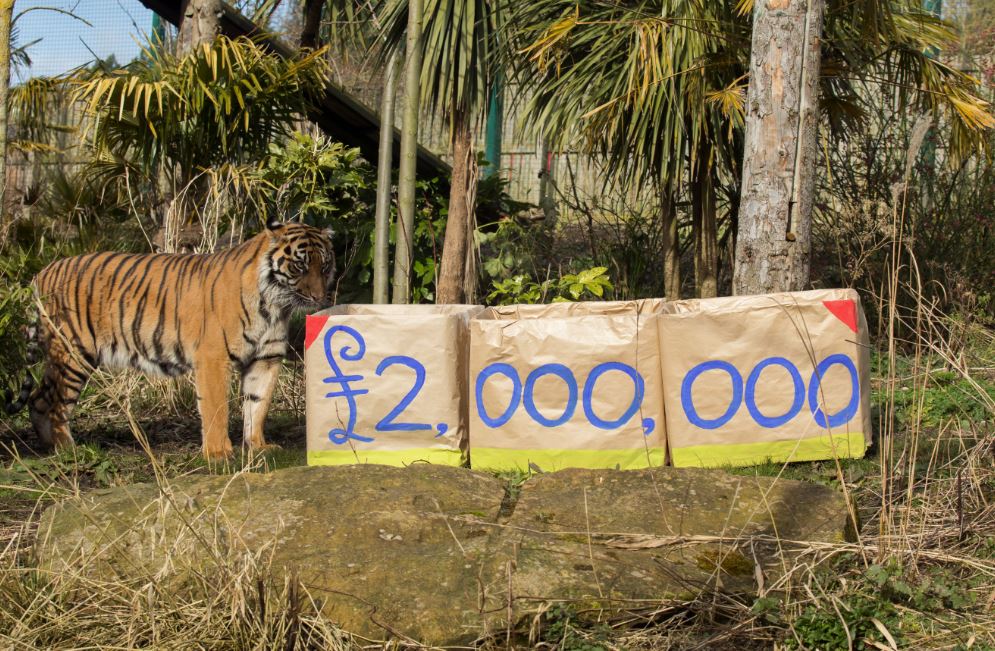

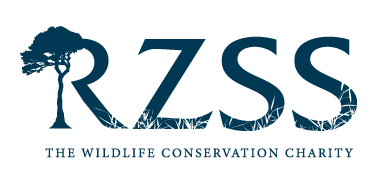
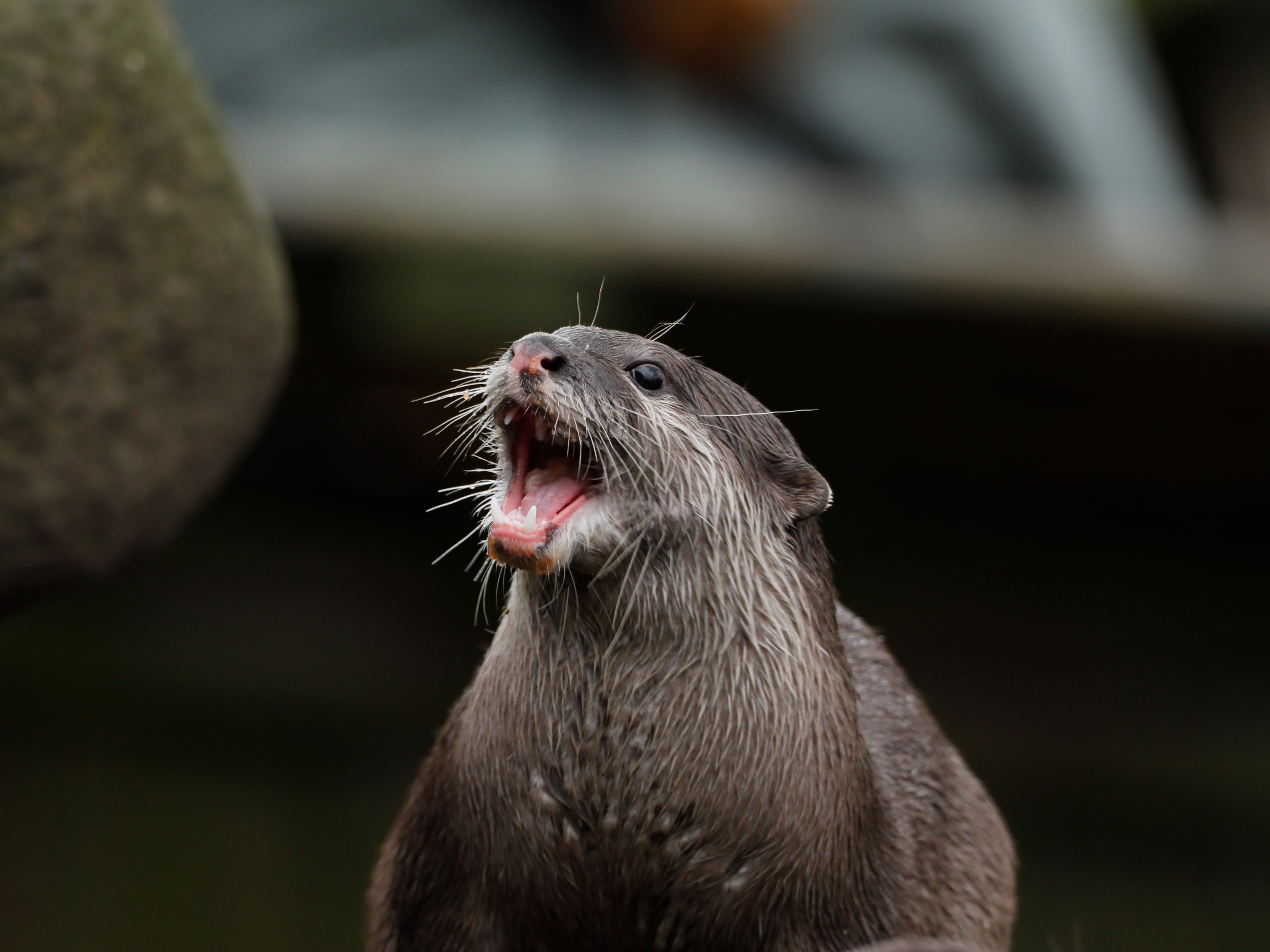
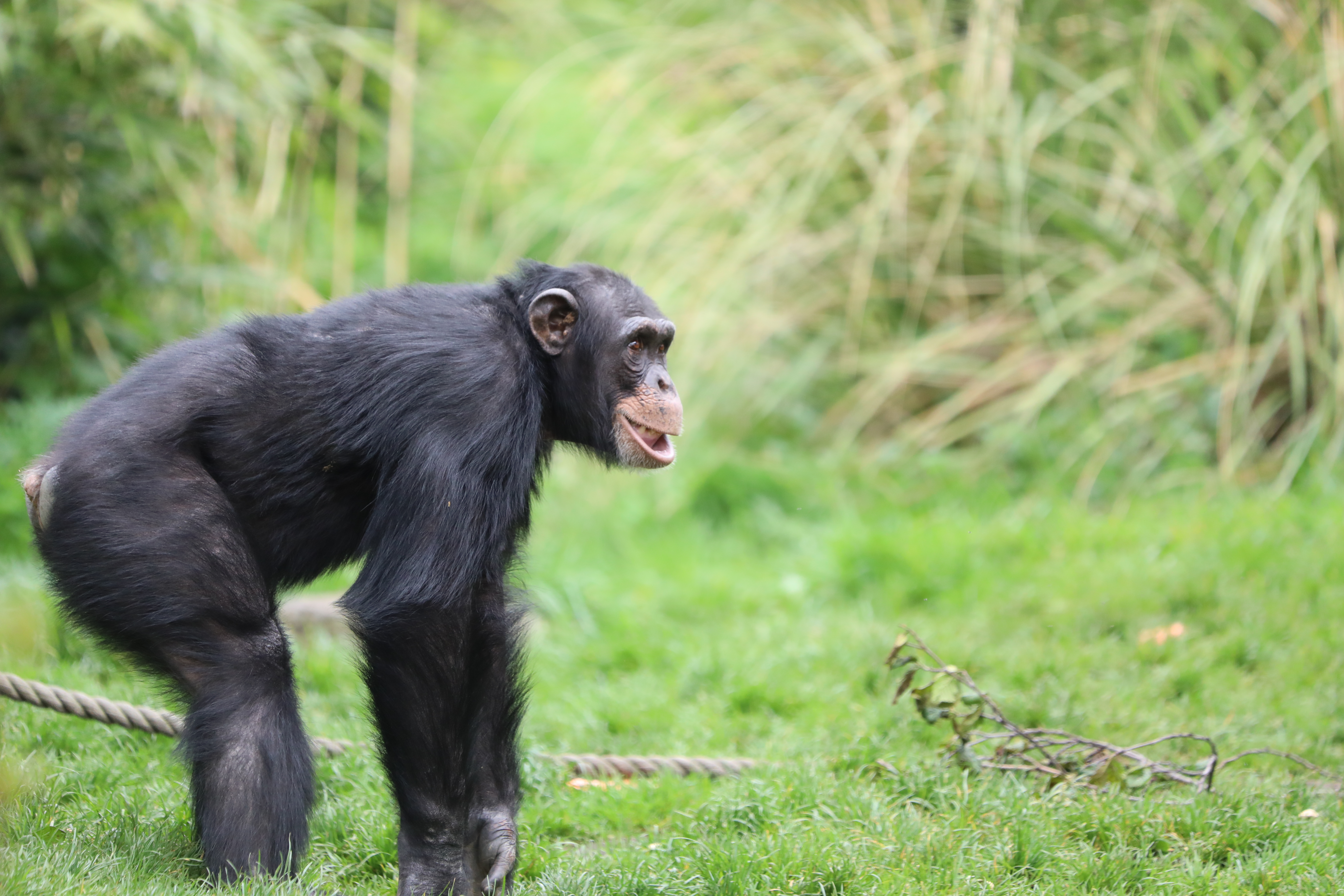
Follow EZ